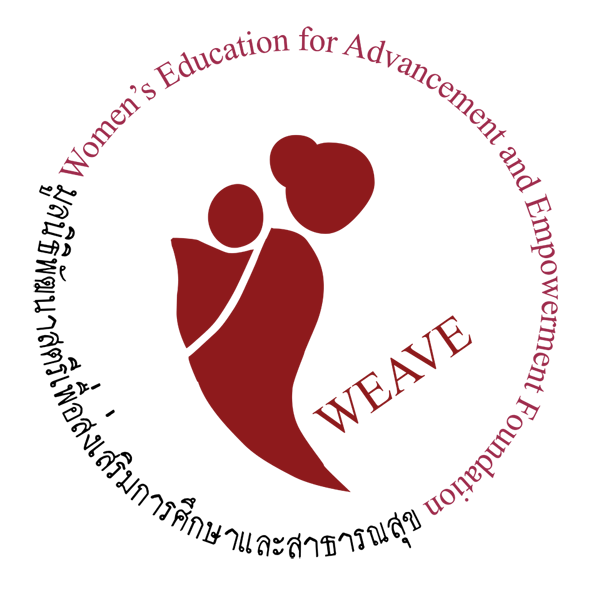Communities, Families and Caregivers impact Early Childhood Development
By: Mitos Urgel
Who do we consider to be the significant forces behind the strong foundation, growth and development of young children?
In the communities where WEAVE works — along the Thai-Burma border — immediate family members, communities and caregivers play a vital role.
 WEAVE prioritizes community efforts that build teacher’s capacities and empower children through active participatory methods. This begins by identifying the concerns and issues that are a priority for young children, and then defining viable and culturally appropriate interventions to enhance the capacities of families and communities to act on their decisions.
WEAVE prioritizes community efforts that build teacher’s capacities and empower children through active participatory methods. This begins by identifying the concerns and issues that are a priority for young children, and then defining viable and culturally appropriate interventions to enhance the capacities of families and communities to act on their decisions.
WEAVE’s 20 years of experience confirm that caregivers, families, and communities are the first line of support to children’s safety and early childhood development. Moreover, the family and community involvement is crucial to any program of work that advances the rights of children and women and which creates the social change necessary to foster and support improvements. WEAVE’s experience in designing and implementing community development projects has shown that meaningful participation leads to lasting support for Early Childhood Development interventions. It is long-term community involvement that results in social change that advances children’s rights. Improving the rights of young children ensures healthy growth and development though changes in social norms and practices. Since these changes do not happen overnight, a holistic approach is fundamental to address this deep-rooted social challenge. It is against this backdrop that WEAVE’s efforts to foster strategic partnerships with community-based groups and direct interventions help displaced and refugee families and communities by encouraging them to adopt health-related and social practices that ultimately help fulfill children’s rights in the early formative years.

 Exciting things are happening in the research section of WEAVE this year! WEAVE has recently ventured into research that supports the development of WEAVE’s programs and projects and on relevant issues related to the women and the children in the Thai-Burma border. The new and expanded Publication section of WEAVE is now called Research, Publication, and Documentation (RPD). RPD is currently conducting a pioneering research, sponsored by the Amy Mahan Research Fellowship, that looks into the roles of Internet/Internet centers and mobile phones in empowering women migrants and refugees politically, economically, socially, and culturally. The research focuses on
Exciting things are happening in the research section of WEAVE this year! WEAVE has recently ventured into research that supports the development of WEAVE’s programs and projects and on relevant issues related to the women and the children in the Thai-Burma border. The new and expanded Publication section of WEAVE is now called Research, Publication, and Documentation (RPD). RPD is currently conducting a pioneering research, sponsored by the Amy Mahan Research Fellowship, that looks into the roles of Internet/Internet centers and mobile phones in empowering women migrants and refugees politically, economically, socially, and culturally. The research focuses on